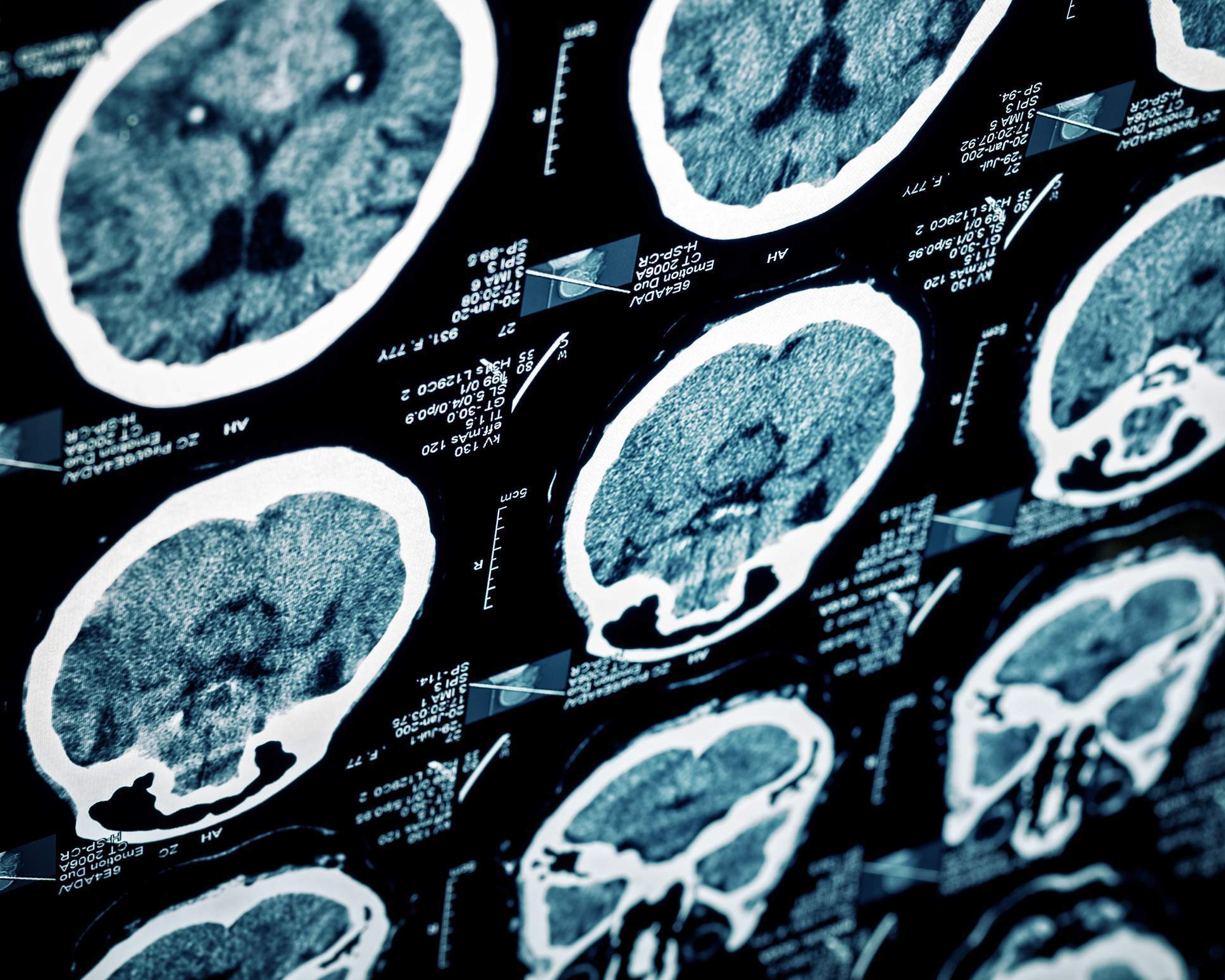Since March is Brain Injury Awareness Month, it is a great time to educate yourself on what brain injuries are, how they can happen, and how you can help injured victims.
Types of Brain Injuries
There are two types of brain injuries that are not hereditary, congenital, or related to birth. These two types are Acquired Brain Injuries (ABIs) and Traumatic Brain Injuries (TBIs).
Acquired Brain Injury
An Acquired Brain Injury (ABI) occurs as a result of internal causes, not from external trauma. Some causes of ABIs include but are not limited to:
- Aneurysms
- Strokes
- Brain tumors
- Meningitis
- Near drowning
- Heart attacks
Traumatic Brain Injury
A Traumatic Brain Injury (TBI) can happen as a result of sudden external assault to the head that damages the brain’s structure and/or functioning. TBIs can be closed-brain injuries or penetrating brain injuries depending on whether the trauma caused a break in the skull or not.
An example of a cause of a penetrating brain injury is a gunshot wound to the head where the bullet enters the brain.
Closed-brain TBIs can be caused by sports accidents, car crashes, or falls, although any trauma to the head can cause internal damage and closed-brain injuries.
Symptoms of TBIs can include:
- Headache
- Nausea
- Fatigue
- Dizziness
- Slurred or slowed speech
Some milder brain injuries can heal over time, while some more severe brain injuries cause permanent disability and deficits in cognitive, motor, sensory, and communicative functioning.
Some Professions Carry a Higher Risk of TBI, but Anyone Could Be Affected
Brain Injury Awareness Month is an excellent time to evaluate your risk of sustaining a traumatic brain injury.
Some professions carry a higher risk of TBI. If you are an athlete, construction worker, or work in law enforcement or the military, you have a higher risk of TBI. Adhering to safety regulations in the workplace is imperative to lowering that risk.
While some people have a higher risk of TBI than others, anyone can be affected. Accidents happen and TBIs can never be 100% preventable, but there are steps you can take to lower your risk of brain injury.
- Read the instructions and heed the warnings on your medications. Some medications may have side effects such as dizziness or drowsiness that can increase your risk of falling, while some may warn against operating heavy machinery while taking them.
- Don’t drive under the influence, and always make sure all car passengers are wearing their seatbelts. Also, be sure to check that your airbags are working properly when you get your car serviced.
- Always wear a helmet when participating in sports with a high risk of falls and head injuries, such as horseback riding, skateboarding, biking, skiing, football, and hockey.
- If you have issues with stability or risk of falling, consider using a walker or a cane. Nearly 50% of all brain injuries are related to falls.
Brain Injuries in Women
Brain injuries are often more fatal among women than men. There’s a high incidence of assault-related TBIs due to the prevalence of violence against women.
Women are more likely to sustain assault-related TBIs in the workplace in the fields of education, social services, and healthcare.
Intimate partner violence is also a major cause of assault-related TBIs in women. If you are experiencing intimate partner violence, or believe there is a risk of violence in your home, reach out to your local domestic violence agency for immediate assistance and safety planning.
One common recommendation made during the safety planning process is to try to remove yourself from conflict in rooms such as the kitchen or bathroom. These rooms are more likely to contain hard surfaces and sharp corners that increase the risk of TBI.
If you are experiencing intimate partner violence, please call the National Domestic Violence Hotline at 1-800-799-7233 (SAFE).
How to Observe Brain Injury Awareness Month All the Time, Not Just in March
-
Educate yourself.
For more information, check out these videos covering a range of topics such as information on rehabilitation for TBIs, personality changes as a result of TBIs, ways to make your daily life better after a TBI, how to help TBI victims financially, and more resources for victims and their caregivers.
The Ernst Law Group’s California resource center for brain injuries is also a great place to educate yourself.
If you are a parent or caregiver of a young person with a traumatic brain injury, this free guide can give you valuable tips and resources to help support the TBI survivor in your life.
-
Join a support group.
Brain injuries can permanently affect your life in significant ways, but you can still have a happy and meaningful life after sustaining a TBI.
Get involved in a support group – you are not alone and there are resources to help you.
-
Help advocate for the injured.
Legal action can help injured victims of brain injuries. Ernst Law Group’s Los Angeles and San Luis Obispo Brain Injury Lawyers can help by advocating for you or your loved ones who have been affected by brain injuries.
If your brain injury was caused by another’s negligent, intentional, or reckless behavior, they should be held accountable, and you deserve justice and can seek compensation to pay for damages.
Under California law, the injured party can still recover some damages in the form of compensation even if they are partially at fault for the accident. While compensation may not always help a victim heal their brain injury, it can help their quality of life to be as close as possible to what it was pre-injury.
Treatment for brain injuries can be expensive and cost thousands or even millions of dollars for the remainder of the victim’s life. The Ernst Law Group has recovered millions of dollars for their clients in personal injury and wrongful death lawsuits.
Ernst Law Group’s California traumatic brain injury lawyers believe that victims of TBIs deserve the highest quality of life possible all the time–not just during brain injury awareness month.
The Ernst Law Group has a proven track record and reputation for aggressive and experienced legal representation for victims of personal injury. Ernst Law Group takes cases on a contingency basis and there are no fees unless we win your case. There are no up-front fees, and your first consultation is always free.
If you have a brain injury, even if it is a mild concussion, that may have been caused by someone else’s negligence, call 1-805-541-0300 to schedule a complimentary case consultation. You may also email us at info@ernstlawgroup.com.





